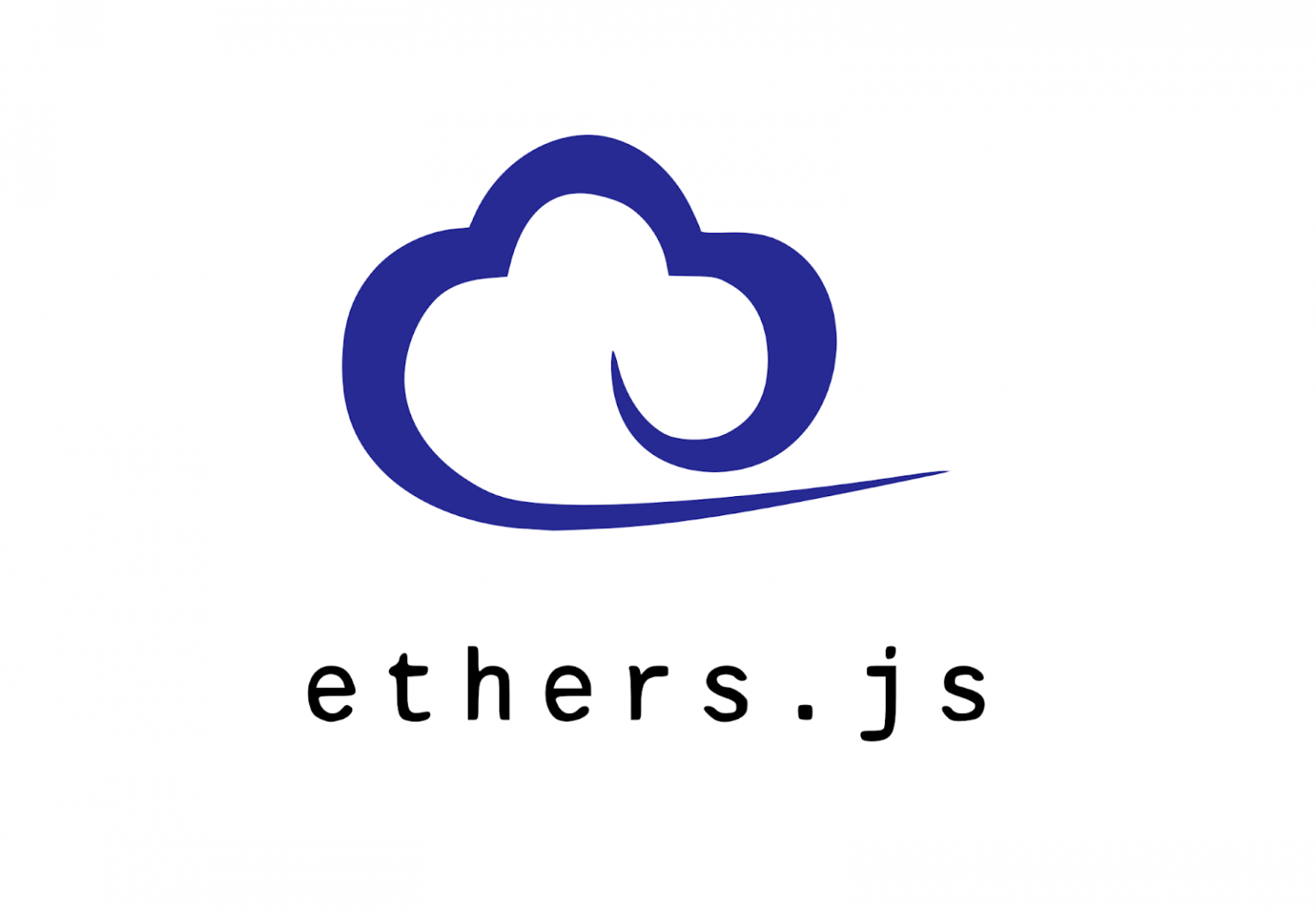Achieve better transparency, accessibility, and standardization for the carbon markets.
As companies and individuals are looking for tools to mitigate their impact on climate change, carbon credits are gaining traction as they incentivize the fossil fuel industry to become more efficient.
A carbon credit is a tradable permit or certificate that gives the right to emit one ton of carbon dioxide or an equivalent of another greenhouse gas.
The current carbon offset market is beset with inefficiency. As of now, credits are sold in bulk to larger corporations. This results in barriers for smaller groups or individuals to equilibrate their environmental impact by purchasing offsets.
Blockchain stores data and transactions on a distributed ledger that is accessible to everyone on the network, thus enabling greater transparency. Due to the transparent nature of blockchain, it can be leveraged for the trading of carbon credits while aggregating small buyers for carbon offset projects.
Furthermore, the blockchain based carbon credit ecosystem is safe, efficient, and uniquely suited for implementing carbon credit markets. The immutable, cryptographically-secured distributed ledger enables reliable issuance and tracking of carbon credits. Public blockchains can be easily accessed by small and medium-sized enterprises, thereby reducing the entry threshold for the carbon trading market.
As blockchain streamlines the development and sale of carbon credits, businesses have an unprecedented opportunity to tap into the uncharted market and take the lead.
Bloom Genesis’s expertise in technology and IT management uniquely equips us to be your trusted guide along your blockchain based carbon credit platform development journey. Our technology-agnostic approach, coherent roadmap, and mission-driven solutions accelerate deployment, enabling you to pivot faster and gain sustained competitive advantage.
Capitalize on our services to steer your carbon credit development process.
By partnering with Bloom Genesis, you can rely on a team of technical experts with real-world experience creating success stories.

























Integrating blockchain into game development offers several advantages:
True Ownership of In-Game Assets: Blockchain allows players to have true ownership and control over their in-game assets.
Enhanced Player Engagement: Blockchain games often introduce unique gameplay mechanics and economic models that incentivize and reward players.
Decentralized and Transparent Economy: Smart contracts and blockchain technology enable secure and trustless transactions, eliminating the need for intermediaries.
Anti-Cheating and Fraud Prevention: Blockchain's immutability and decentralized nature can help combat cheating and fraud in games.
Innovative Funding Models: Through Initial Coin Offerings (ICOs) or token sales, businesses can directly raise funds from the community, reducing reliance on traditional funding sources.